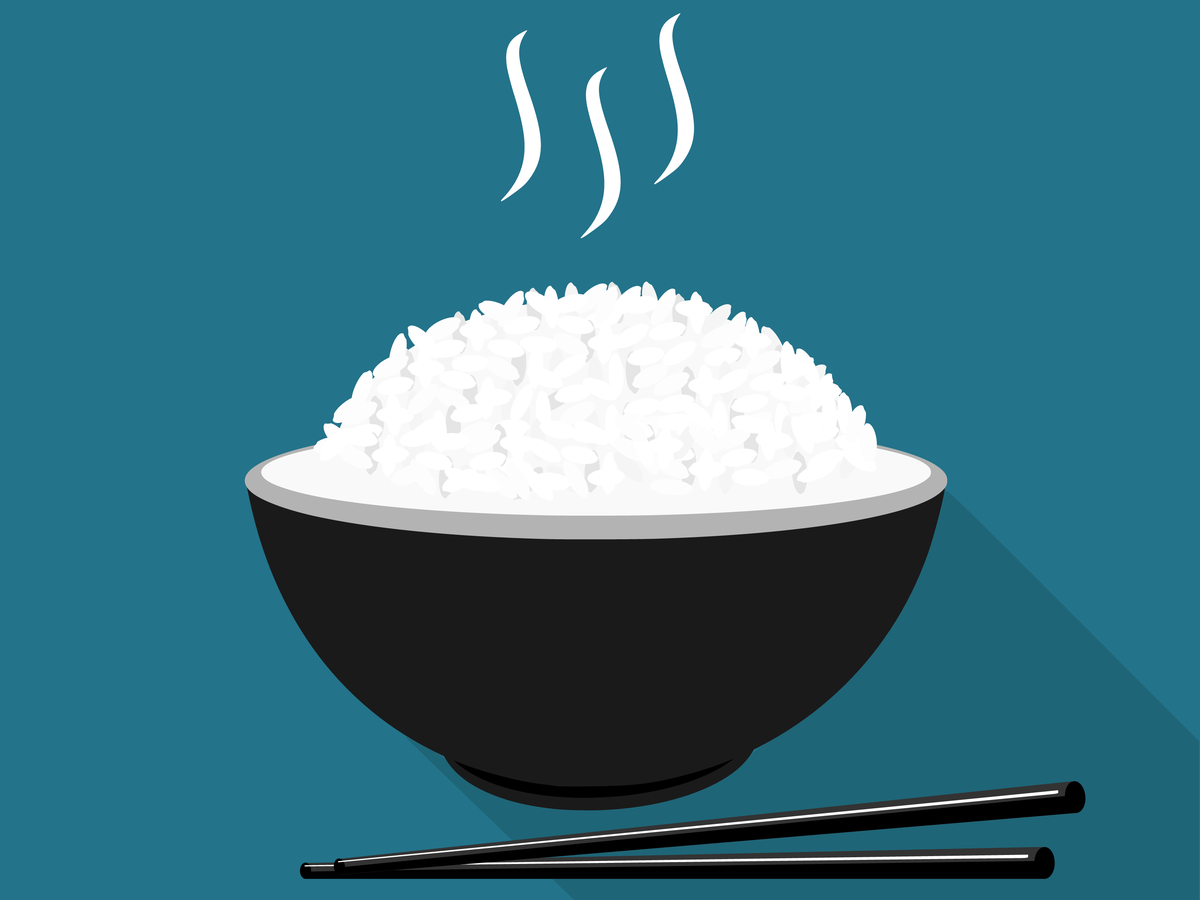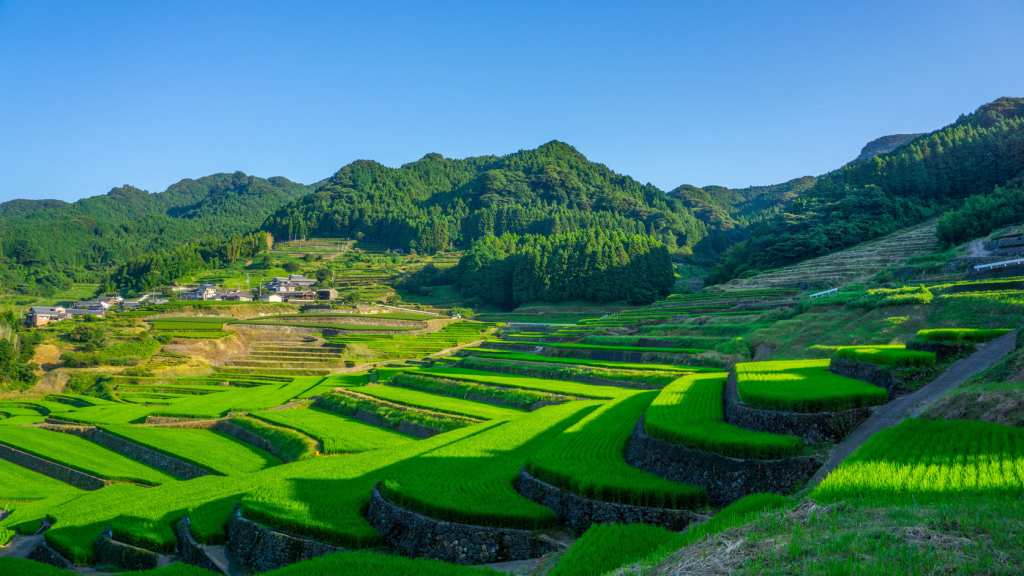If you’ve been to a supermarket recently, you may have noticed more empty shelves than usual. Japan is currently experiencing a rice shortage. At around 6.61 million tons, the 2023 harvest was the smallest ever on these shores. The situation has become so severe, several stores, including the major supermarket chain Ito Yokado, are limiting consumers to one bag per person. Prices are also increasing. According to Kyodo News, the cost of rice in July jumped 18% from the previous year. That’s the biggest rise in two decades. So, why is rice in such short supply in Japan right now?

Reasons for Japan’s Rice Shortage
One of the reasons for the rice shortage is said to be the declining population, which has led to the demand for rice falling by approximately 100,000 tons annually. Last summer’s heat wave is also said to be a factor as it caused a lower rice yield and chalkier grains. The Ministry of Agriculture, Forestry and Fisheries reported that the percentage of first-grade rice in 2023 fell to a record low of 59.6%. The situation has reportedly been compounded by an increase in demand in the food industry due to the sharp increase in the number of foreign tourists visiting Japan this year.
However, Kazuhito Yamashita, a former bureaucrat at Japan’s Ministry of Agriculture, Forestry and Fisheries, believes the inbound tourism boom is not a major factor behind the rice shortage. Speaking to The Mainichi, he said, “Even if around 3 million visitors were to stay in Japan each month for a week and eat rice for breakfast, lunch and dinner like many Japanese people, it would still only account for around 0.5% of total consumption. And in actual fact, not many visitors have rice for all three meals, so their consumption must be even lower.”
Japan’s Acreage Reduction Policy
According to Yamashita, the rice shortage is “because of the acreage reduction policy which decreases the amount of land devoted to cultivation. Under acreage reduction, rice production is cut to raise market prices, and the government provides subsidies to rice farmers who switch to other crops such as wheat or soybeans… Because consumption of bread, pasta and other alternative foods is increasing, if farmers produced the same amount of rice as before, there would be a surplus, causing the price of rice to drop. To avoid such a situation, production has been cut year by year.”
The Ministry of Agriculture, Forestry and Fisheries is calling on consumers to remain calm. It says new rice is being released into the market and the shortage will be resolved in the near future.









